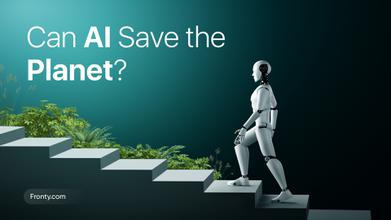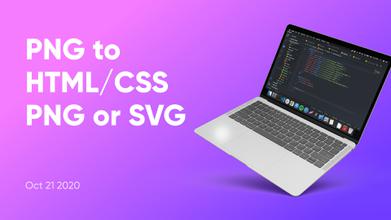Top 10 Web Design Trends in 2024: Make Your Website Smooth
Dec 25, 2023 9456 seen
The Landscape of Web Design in 2024
The digital realm is a constantly shifting landscape, and the world of web design is no exception. As we stand on the cusp of 2024, exploring the potential trajectories that web design may take in the coming year is intriguing. While we cannot predict the future with absolute certainty, we can make informed speculations based on current trends, technological advancements, and the ever-evolving needs of users. This comprehensive exploration delves into the potential facets that could shape the web design landscape in 2024.
2024 holds the promise of a dynamic and transformative period for web design. As technological advancements unfold, designers and developers will play a pivotal role in shaping the digital landscape. The trends mentioned above offer a glimpse into the potential future of web design. Still, one thing remains certain – the journey into the digital frontier is bound to be both exciting and unpredictable."
Immersive Experiences with Augmented and Virtual Reality (AR/VR)
Integrating Augmented Reality (AR) and Virtual Reality (VR) technologies into web design is poised to redefine the user experience. 2024 we may witness websites offering immersive AR tours, interactive 3D models, and VR-enhanced content. This shift towards more interactive and engaging experiences could revolutionize how users interact with digital content, making online spaces more dynamic and captivating.
Advanced AI-Powered Personalization
Artificial Intelligence (AI) is already a significant player in web design, and its role is expected to grow even more prominent in 2024. AI algorithms will likely become more sophisticated in analyzing user behavior, preferences, and contextual data. This depth of understanding will empower websites to adjust the content, layout dynamically, and features in real-time, providing each user with a highly personalized and relevant experience.
Enhanced User Interfaces with Natural Language Processing (NLP)
Natural Language Processing (NLP) is likely to reshape how users interact with websites. Voice commands and natural language understanding could become integral components of web interfaces, making navigation and interaction more intuitive. Users might converse seamlessly with websites, fostering a more natural and user-friendly browsing experience.
Seamless Integration of the Internet of Things (IoT)
As the Internet of Things (IoT) ecosystem expands, web design may evolve to integrate seamlessly with many smart devices. In 2024, users could have the ability to control and monitor their IoT devices directly through web interfaces. This integration could lead to a more unified and interconnected digital experience, bridging the gap between the online and physical worlds.
Blockchain Integration for Enhanced Security
With cybersecurity concerns rising, integrating blockchain technology in web design is expected to enhance security measures. Decentralized identity verification, secure payment systems, and data protection through blockchain could become standard practices, providing users with a heightened sense of trust and security when interacting with websites.
Ethical Design and Sustainability
An increasing awareness of environmental and ethical considerations may influence web design practices in 2024. Designers might prioritize sustainable web design, focusing on energy-efficient practices, reducing unnecessary data consumption, and adopting eco-friendly hosting solutions. This shift towards ethical design aligns with a broader global commitment to environmental responsibility.
Dynamic Content Delivery with 5G Technology
The widespread adoption of 5G technology is set to revolutionize internet connectivity, and web designers are poised to leverage its capabilities. In 2024, we can expect faster and more reliable internet connections to enable the delivery of more prosperous, more dynamic content. High-quality videos, interactive applications, and real-time updates could become standard features, enhancing the overall user experience.
Enhanced Accessibility Features
Web design's ongoing commitment to inclusivity is likely to manifest in even more advanced accessibility features in 2024. Designers may focus on creating websites accessible to users with diverse abilities, ensuring that everyone can engage with digital content seamlessly, regardless of their physical or cognitive capabilities.
Continued Evolution of Design Aesthetics
While predicting specific design aesthetics is inherently challenging, we can anticipate a continued emphasis on clean and minimalist design. The timeless appeal of simplicity, combined with experimental and innovative visual elements, will likely define the aesthetics of websites in 2024. Designers will continue to push the boundaries of creativity, offering users visually appealing and memorable online experiences.
Integration of Biometric Authentication
As biometric technologies advance, web design may adopt biometric authentication methods in 2024. This could provide users with secure and convenient ways to access online services. From fingerprint recognition to facial and voice authentication, integrating biometrics could enhance websites' overall security and user experience.


